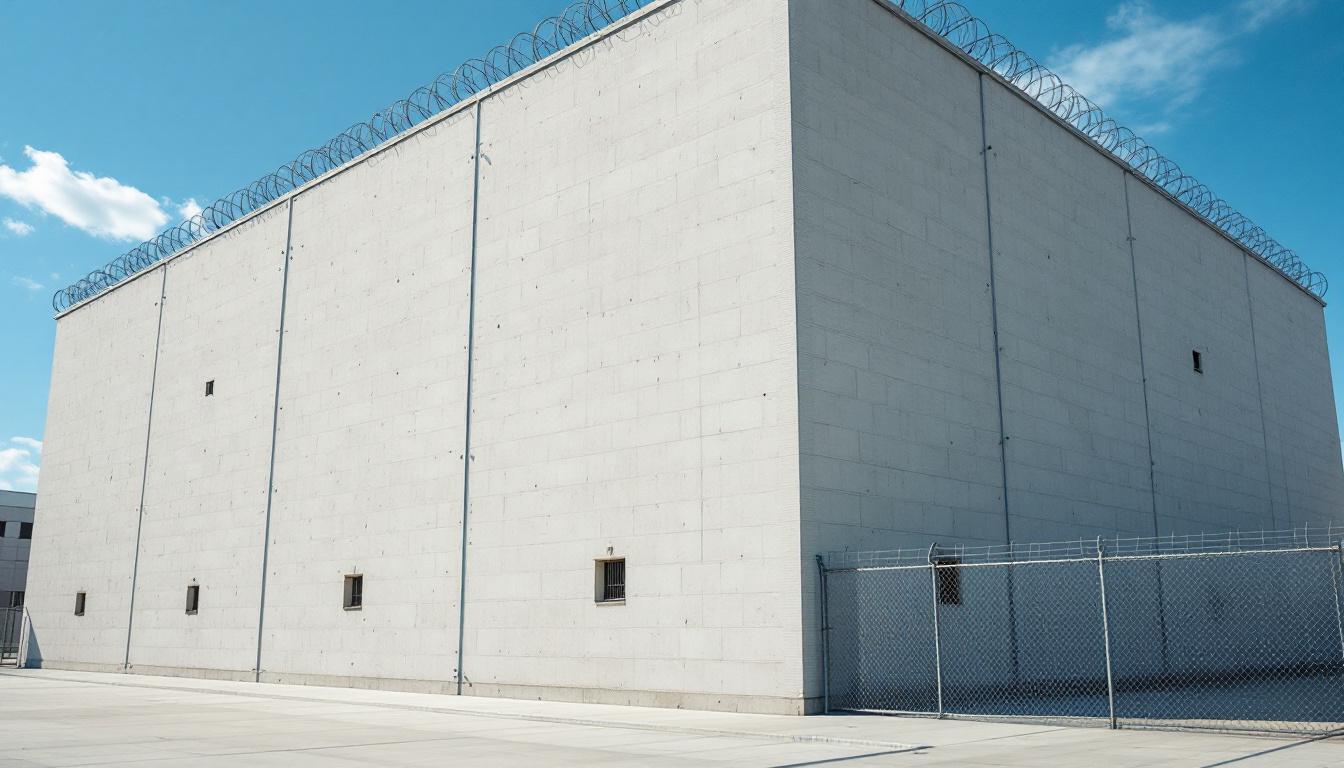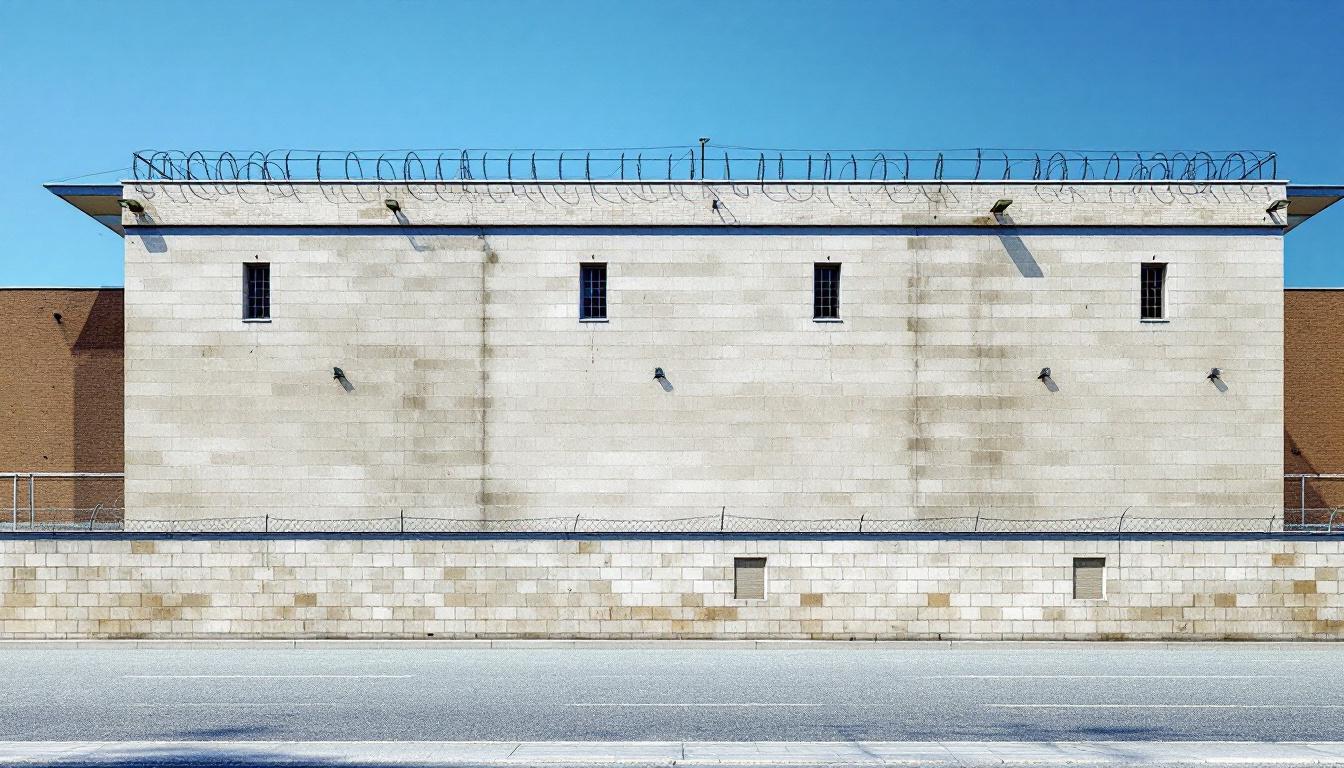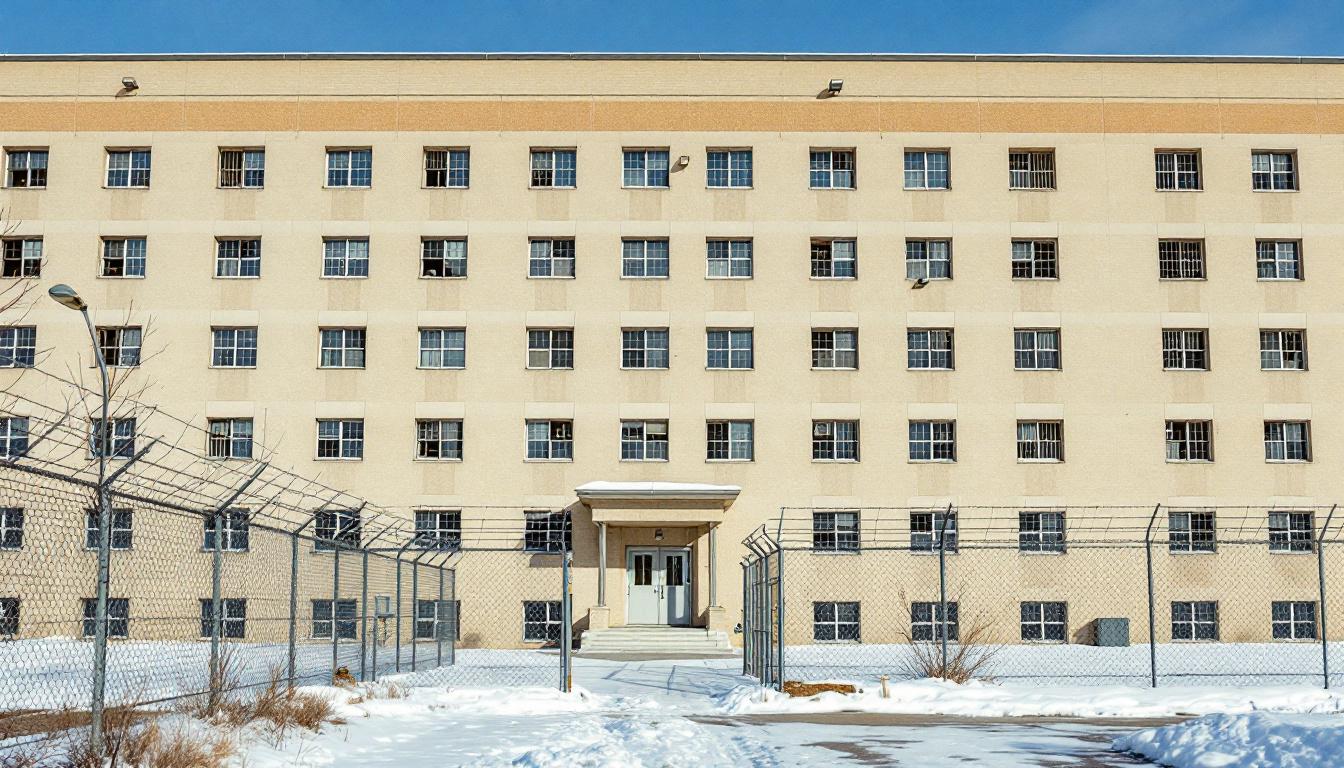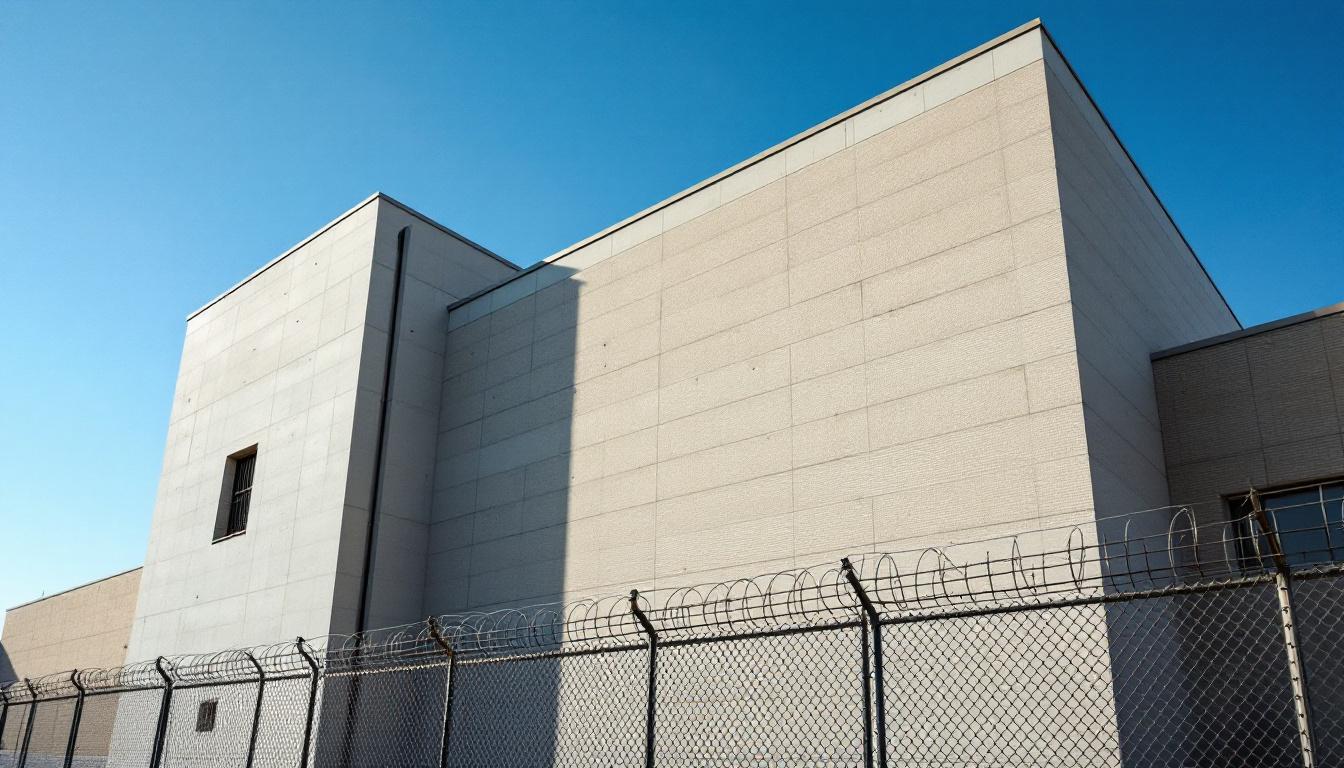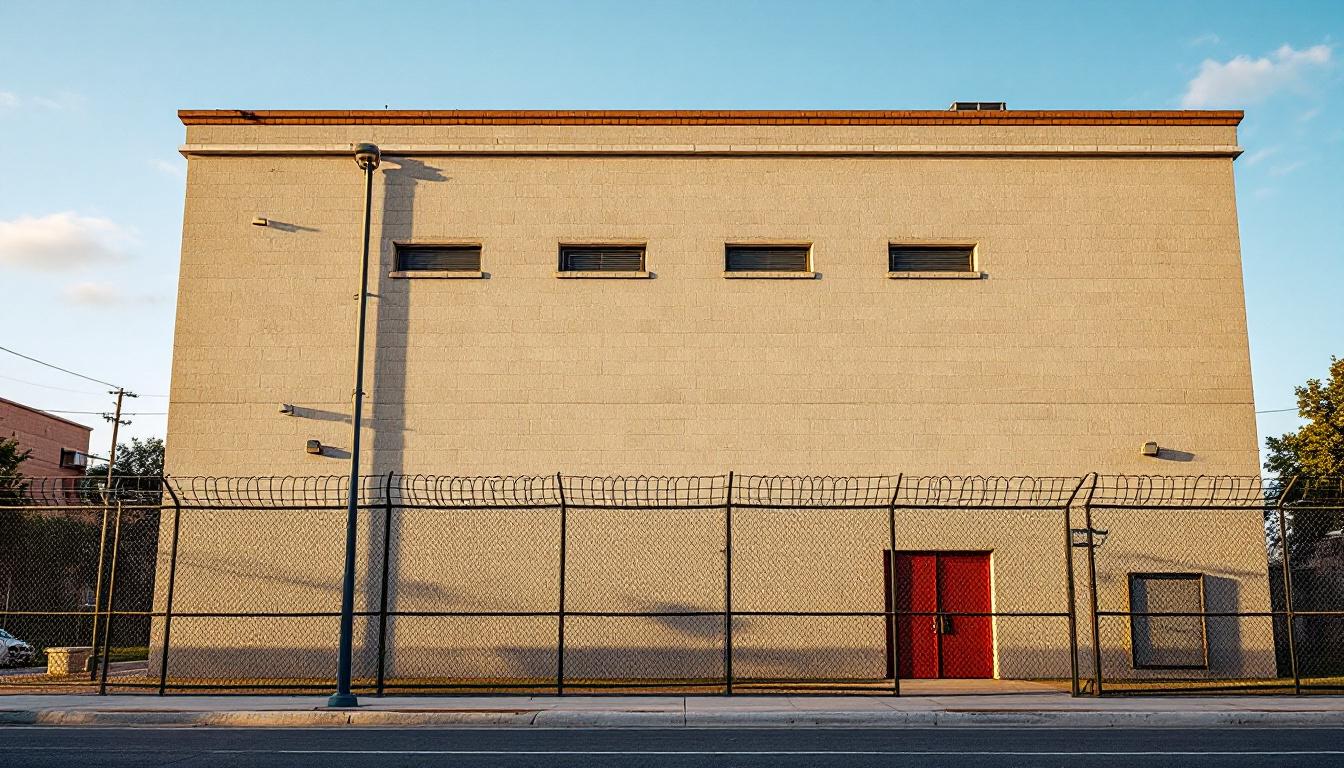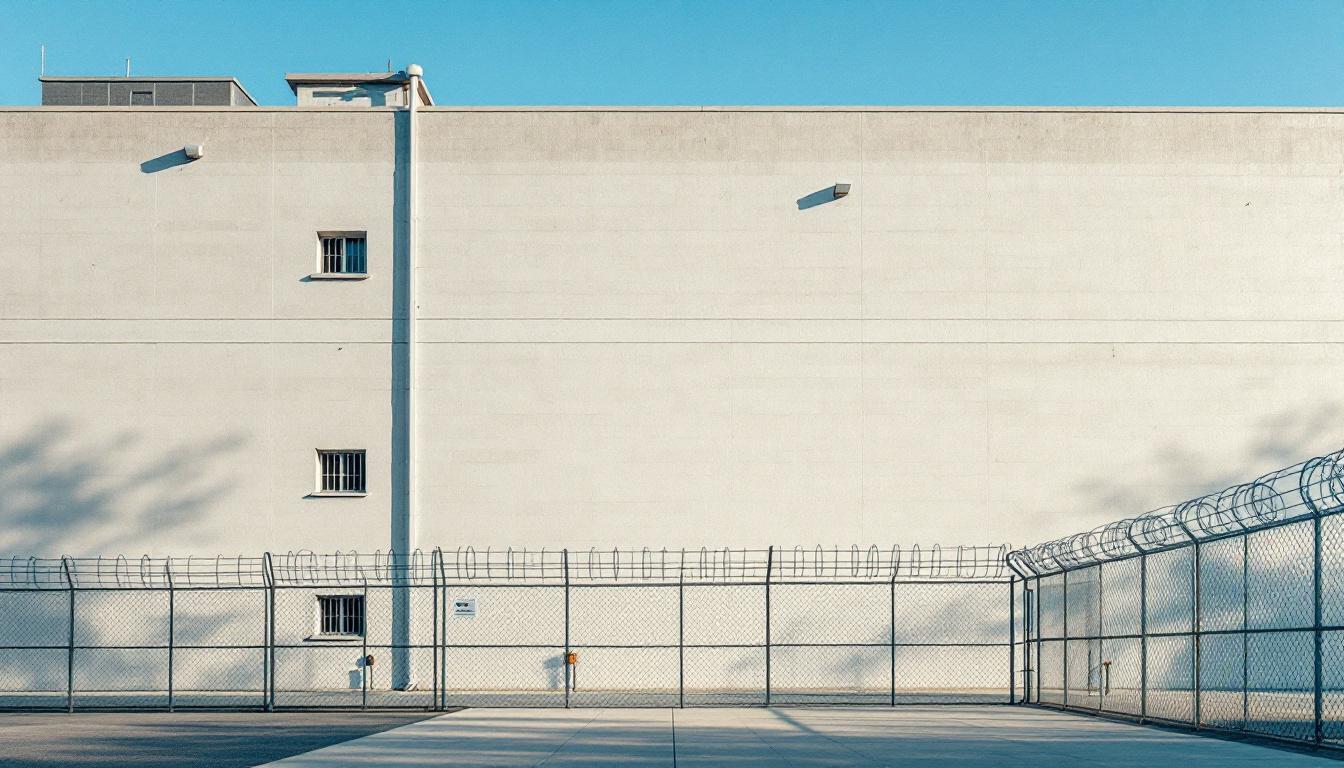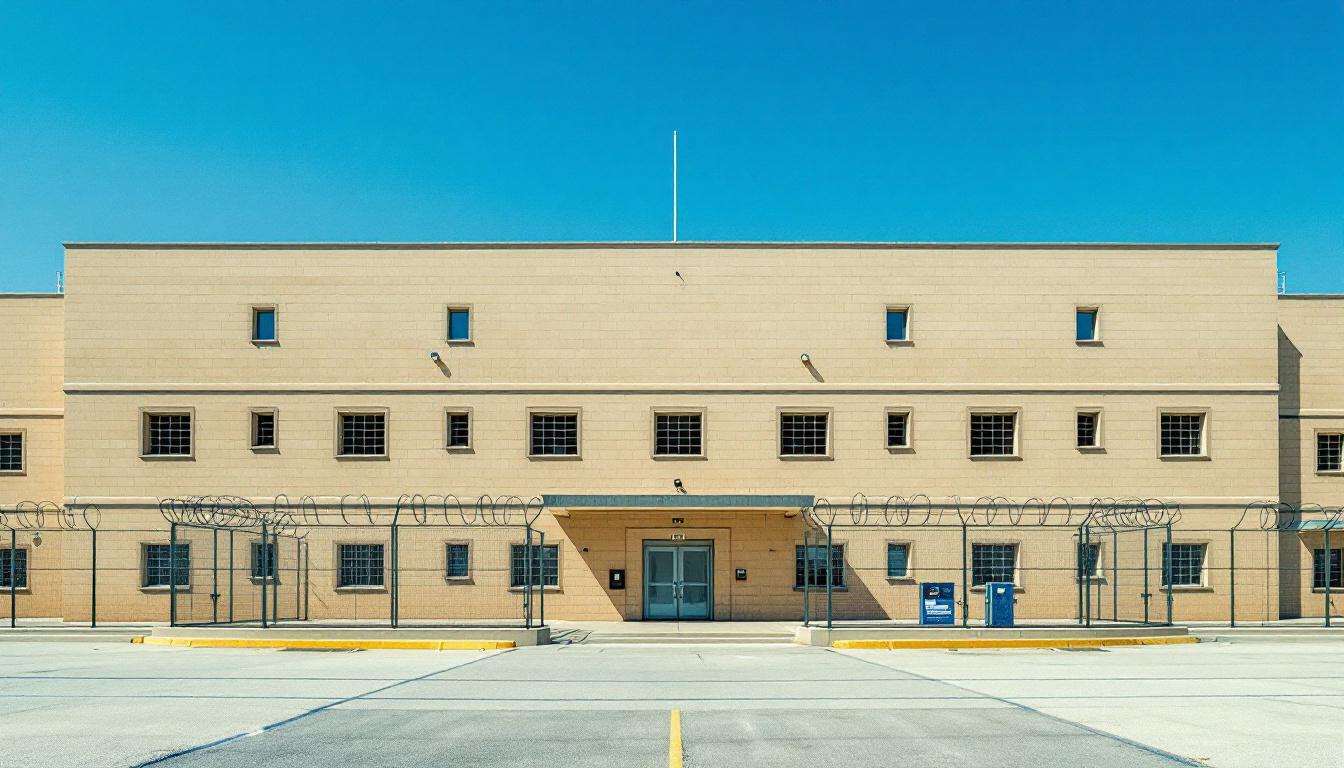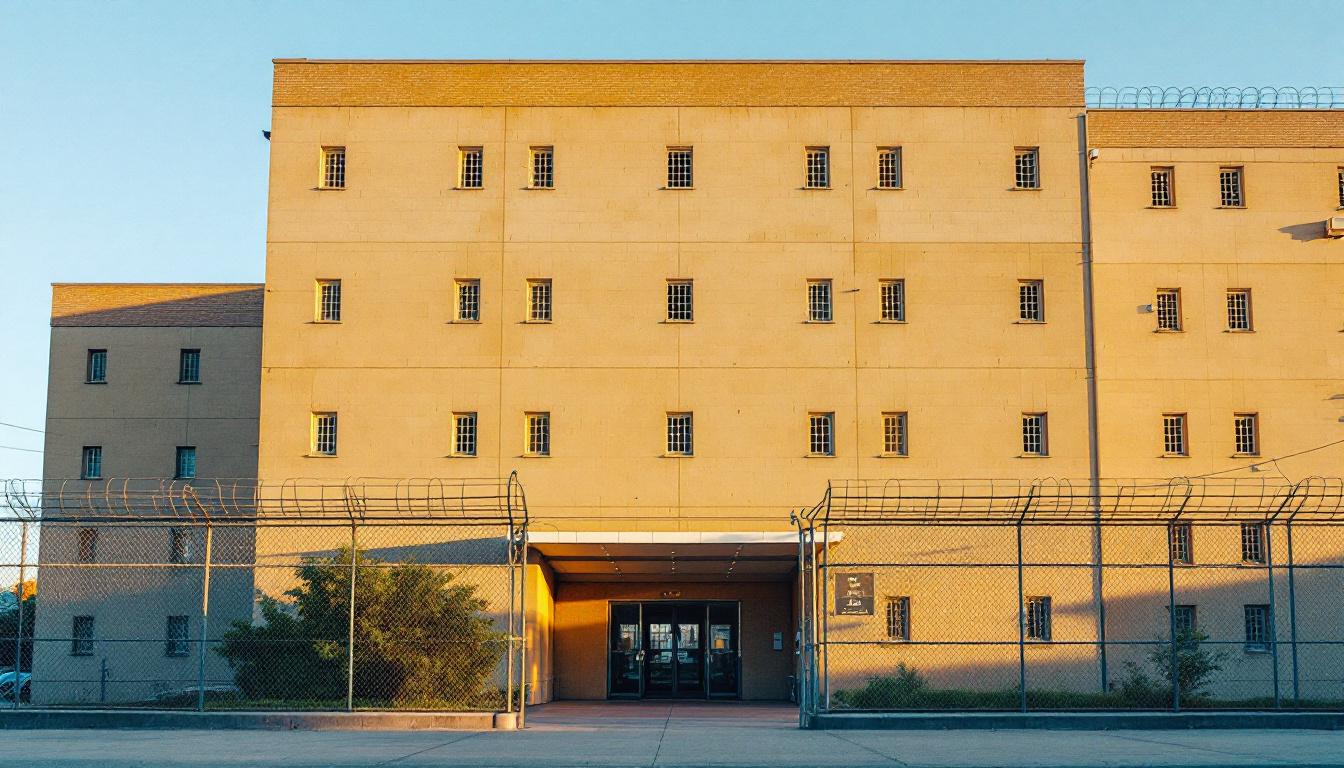
Quick Navigation
How to contact an inmate at Josephine County Jail
This comprehensive guide will walk you through how to connect with an inmate at Josephine County Jail. Follow the steps below to find an inmate and send letters and photos:
- Search for the inmate using our search tool below
- Create your account or log in to Penmate
- Write your message (up to 6,000 characters)
- Send instantly - inmates receive printed copies daily
Find an Inmate
Search for an inmate to start communicating today
Tip: You can search by first name, last name, or inmate ID number
To contact a person at Josephine County Jail start by searching for the person on the official facility website. Perform a search by following these steps:
- Step 1: Enter their first name and last name into the search form and click "Search"
- Step 2: Locate their inmate record
- Step 3: Write down their Inmate ID and any housing information provided
Important! Be sure to enter the person's full name. Nicknames should not be used.
How to Send Messages to Inmates

You can use your phone or computer to send emails, letters, and photos to an inmate. Messages are sent electronically to inmate tablets or kiosks at the facility. If you would like to send a message, start by searching for an inmate at Josephine County Jail.
Sending Photos and Postcards

A great way to send love and support to a loved one at Josephine County Jail is to send photos and postcards. It only takes a few minutes to send photos from your phone and it makes a huge difference. You can also mail postcards with words of support and inspiration, or design your own postcard for special moments like birthdays and holidays.
Important! Be sure not to send any explicit photos or they may not be approved by the facility. You can also use a photo printing app like Penmate to make sure your photos are printed at the correct size (4x6 or 3x5) and are mailed according to the rules and regulations of Josephine County Jail.
Frequently asked questions about Josephine County Jail
-
How long does it take to deliver a message?
If you're sending an email message your letter is usually delivered within 24-48 hours. For messages sent via mail you should expect delivery within 3-7 days. All messages will need be approved by Josephine County Jail.
-
How much does it cost to send a message to Josephine County Jail?
You can send a message free using your phone or mail a message via USPS for the price of a $0.60 stamp and envelope. You can also purchase credits or e-stamps from services starting at $1.99.
-
What services can I use to contact an inmate at Josephine County Jail?
Penmate
You can use Penmate to send letters and photos to an inmate from your phone. It's an easy way to stay in touch during your loved one's incarceration. Use the inmate locator to find an inmate's location and contact information, then you can send messages within a few minutes.
Securus messaging
Securus may be another option for communicating with an inmate at Josephine County Jail. You can create a friends and family account and purchase credits to send messages. All messages will be reviewed and must be approved by the facility.
JPay
Some county jails and state prisons may support sending messages with JPay. You must register an account with the system, find your loved one, and purchase stamps to send messages. For some locations you can also attach photos.
Smart Jail Mail
You may also check if Smart Jail Mail is available at Josephine County Jail. Smart Jail Mail is operated by Smart Communications and has contracted with some state and county jails. After purchasing credits, your messages and photos are sent to the facility, printed out, and then handed out to your loved one.
-
What is the mailing address of Josephine County Jail?
Mailing address:
Josephine County Jail
1901 NE F St
Grants Pass, OR 97526
Phone: (541) 474-5140Business hours:
- Monday: 8:00 AM – 12:00 PM
- 1:00 – 4:00 PM
- Tuesday: 8:00 AM – 12:00 PM
- 1:00 – 4:00 PM
- Wednesday: 8:00 AM – 12:00 PM
- 1:00 – 4:00 PM
- Thursday: 8:00 AM – 12:00 PM
- 1:00 – 4:00 PM
- Friday: 8:00 AM – 12:00 PM
- 1:00 – 4:00 PM
- Saturday: Closed
- Sunday: Closed
-
What are the visiting hours at Josephine County Jail?
Visiting hours at Josephine County Jail vary by housing unit and security level. Generally, visits are scheduled on weekends and holidays, with some facilities offering weekday visits. Contact the facility directly at (541) 474-5140 or check their website for the current visiting schedule. Visits typically last 30-60 minutes and must be scheduled in advance.
-
What items are prohibited when sending mail to Josephine County Jail?
Prohibited items typically include: cash, personal checks, stamps, stickers, glitter, glue, tape, staples, paperclips, polaroid photos, musical or blank greeting cards, hardcover books, magazines with staples, and any items containing metal or electronics. Only send letters on plain white paper with blue or black ink. Photos must be printed on regular photo paper (no Polaroids). Always check with Josephine County Jail for their specific mail policies.
-
How do I send money to an inmate at Josephine County Jail?
You can send money to an inmate at Josephine County Jail through several methods: 1) Online using JPay, Access Corrections, or the facility's approved vendor, 2) Money orders mailed directly to the facility with the inmate's name and ID number, 3) Kiosks located in the facility lobby, or 4) Over the phone using a credit or debit card. Fees vary by method, typically ranging from $2.95 to $11.95 per transaction.
-
Can I schedule a video visit with an inmate at Josephine County Jail?
Many facilities now offer video visitation as an alternative to in-person visits. At Josephine County Jail, video visits may be available through services like Penmate, Securus Video Connect, GTL, or ICSolutions. Video visits typically cost $10-20 for 20-30 minutes and must be scheduled in advance. You'll need a computer or smartphone with a camera and reliable internet connection. Contact the facility for their specific video visitation policies and approved vendors.
-
What identification do I need to visit an inmate at Josephine County Jail?
All visitors must present valid government-issued photo identification such as a driver's license, state ID, passport, or military ID. Minors must be accompanied by a parent or legal guardian who can provide the minor's birth certificate. Some facilities require visitors to be on the inmate's approved visitation list, which may require a background check. Contact Josephine County Jail for specific ID requirements and visitor approval procedures.
-
How can I find out an inmate's release date?
To find an inmate's release date at Josephine County Jail, you can: 1) Use the online inmate search tool if available, 2) Call the facility's records department, 3) Contact the inmate's case manager or counselor, or 4) Have the inmate provide this information during a call or visit. For privacy reasons, some facilities only release this information to immediate family members.
Facility Overview
Official Website

About Josephine County Jail
County jails serve as critical components within local correctional systems, and facilities operating in Oregon’s mid-Willamette Valley region typically function as both pre-trial detention centers and short-term housing for sentenced individuals. The Siskiyou County Jail, CA operating in Lebanon, OR represents this type of correctional facility, positioned within a community that values connection between incarcerated individuals and the population services that support successful reintegration. Lebanon’s location in Linn County provides access to various community resources that may complement the facility’s operations, while the surrounding Pacific region’s emphasis on rehabilitation often influences how OR correctional facility operations approach inmate programming.
This county jail typically maintains partnerships with local organizations to provide educational opportunities, substance abuse counseling, and job readiness training that prepare individuals for their return to the community. The facility’s role within Oregon’s broader correctional framework generally includes coordination with state agencies, courts, and community service providers to ensure continuity of care. Lebanon’s proximity to larger metropolitan areas may offer additional resources while maintaining the smaller community atmosphere that often facilitates more personalized approaches to rehabilitation and family visitation programs.
Programs & Services
Support services at Siskiyou County Jail are designed around helping the population develop essential life skills and address underlying challenges that may have contributed to their circumstances. The facility’s approach emphasizes practical skill-building and personal development through structured programming. These services aim to prepare individuals for successful reintegration into their communities while addressing both immediate needs and long-term stability.
Educational programming typically includes basic education services that help participants strengthen foundational academic skills. Civic education components may supply knowledge about community engagement and civic responsibilities. Also, financial literacy programs often focus on budgeting, debt management, and financial planning skills that support economic stability after release. Vocational programs may offer hands-on training in various trade skills, helping the population develop marketable abilities for future employment opportunities.
Specialized support services address specific challenges faced by different segments of the population. Cognitive behavioral programs typically focus on developing healthy thinking patterns and decision-making skills. Veteran services may supply targeted support for those who have served in the military, addressing comprehensive challenges they face. Also, domestic violence programs often include education about healthy relationships and conflict resolution strategies. These therapeutic approaches emphasize personal growth and the development of positive coping mechanisms that support successful community reintegration.
Daily Life & Visitation
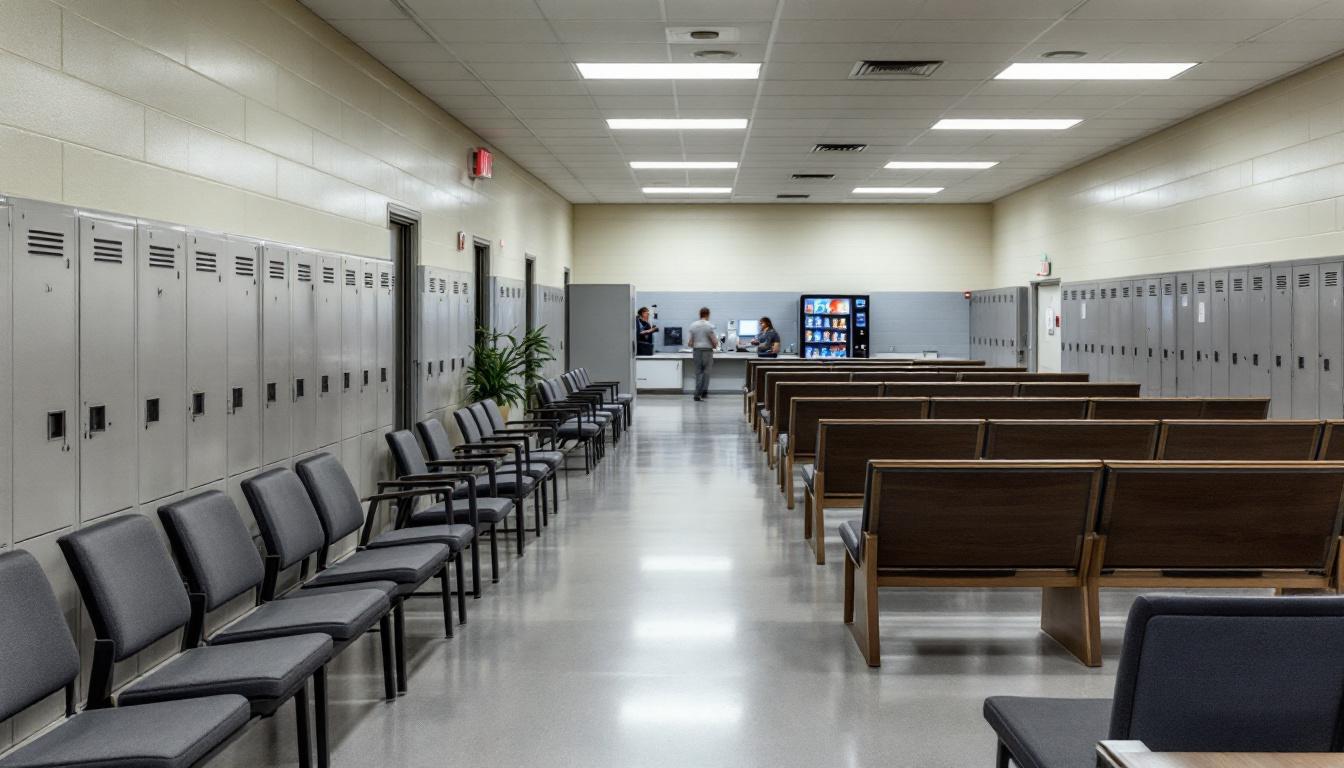
Structured protocols and established routines shape every aspect of the experience for the population at Siskiyou County Jail. Today’s schedule typically begins with early morning counts, followed by meal service and housing unit cleaning assignments. The facility consistently maintains organized movement patterns, with the population rotating through various activities according to predetermined schedules that supply predictability and order throughout each day.
Housing arrangements generally feature dormitory-style accommodations and individual cells, depending on classification levels and available space. The population typically shares common areas within their designated housing units, with access to basic amenities and personal storage for approved belongings. Meals are usually served in designated dining areas or delivered to housing units, with the population following structured mealtimes that accommodate the facility’s operational requirements. Also, commissary services may be available on scheduled days, allowing residents to purchase approved personal items and snacks.
Programming schedules often include educational opportunities, recreational activities, and work assignments that help structure daily routines. The population may participate in facility maintenance duties, kitchen services, or cleaning assignments based on security classifications and behavioral standing. However, recreation time typically includes access to exercise areas, television viewing, and reading materials during designated periods. Visitation policies generally allow scheduled visits with family members and approved contacts, while communication options may include telephone access and mail services that help maintain important connections with the outside community.
Ready to Connect?
Start communicating with your loved one today
Search for an Inmate
